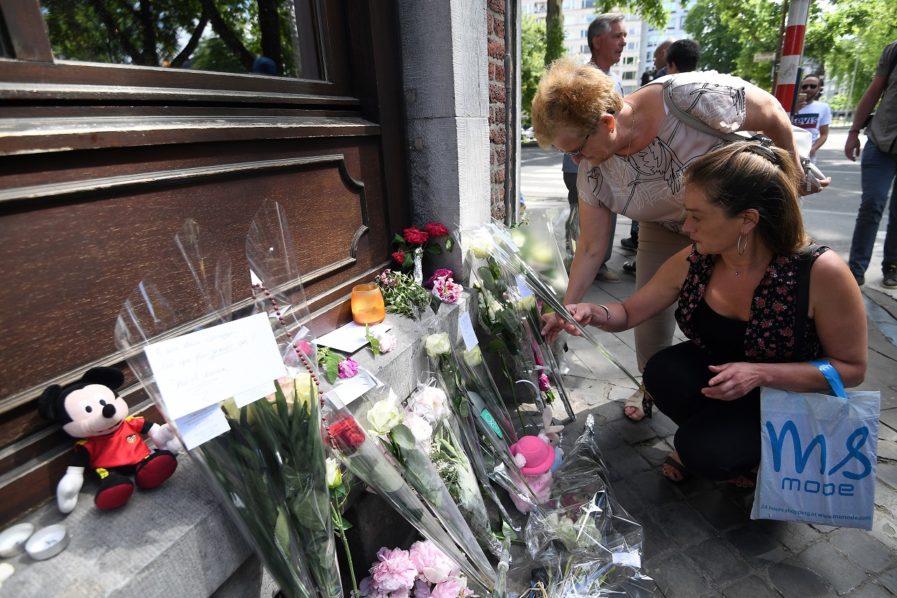
Benjamin Herman, who shot three people dead in a suspected terror attack in eastern Belgium, was a serial petty criminal with a drug problem who may have been radicalised in prison.
The 31-year-old Belgian was known to police since adolescence and had been in and out of prison for robbery and drug offences. Local media have portrayed him as a violent and unstable man.
He is thought to have converted to Islam in prison but questions remain over whether he became radicalised there and whether this was what drove him to carry out his murderous rampage.
“He converted to the Muslim religion in 2012 while meeting with another prisoner in Arlon,” a town in southern Belgium near Luxembourg, Justice Minister Koen Geens told broadcaster RTBF.
But both Geens and Interior Minister Jan Jambon, interviewed on Belgium’s RTL channel, were cautious about whether he had embraced Islamist militant ideology before launching his attack.
“The fact he took part in a prayer group, for example, is it a sufficient sign of radicalisation to treat him as a dangerous terrorist?” Geens asked.
“We may have been mistaken, but the response was negative,” Geens added.
Jambon echoed his point.
“There were signs of radicalisation in prison but did this radicalisation lead to these actions? There, too, we can ask ourselves questions,” Jambon said.
“We must wait for the results of the investigation.”
Herman’s name appeared in police and state security reports about radicals, though he was not the subject of the reports.
‘Terrorist murder’
Prosecutors say they are treating the case as “terrorist murder and attempted terrorist murder”.
That was partly because the method of his attack has been advocated in online videos by the Islamic State group.
Herman attacked police officers with a knife before taking their guns to shoot people.
Alain Grignard, a Belgian Islamic studies expert at the University of Liege, said Herman appeared to be a “criminal who converted”.
“People want labels that are too clear: ‘delinquent’, ‘terrorist’. The reality is between the two,” Grignard said.
Herman’s first brush with the law was in 2003 when, aged 16, he was placed for several weeks in a juvenile home in the Flemish region of Everberg.
Herman and his brother were both reported to be cocaine and heroin addicts.
“Every day they hunted for money to get their fix,” the newspaper La Meuse reported.
Herman was granted temporary release from prison on Monday morning for “family leave”. He embarked on his deadly spree instead of returning on Tuesday evening.
In a separate investigation, prosecutors also suspect Herman killed another man on the eve of his rampage.
Analysts say a high number of jihadists had trouble with the law before being radicalised.
They include several involved in the November 2015 attacks in Paris and the March 2016 Brussels suicide bombings.
[ad unit=2]



